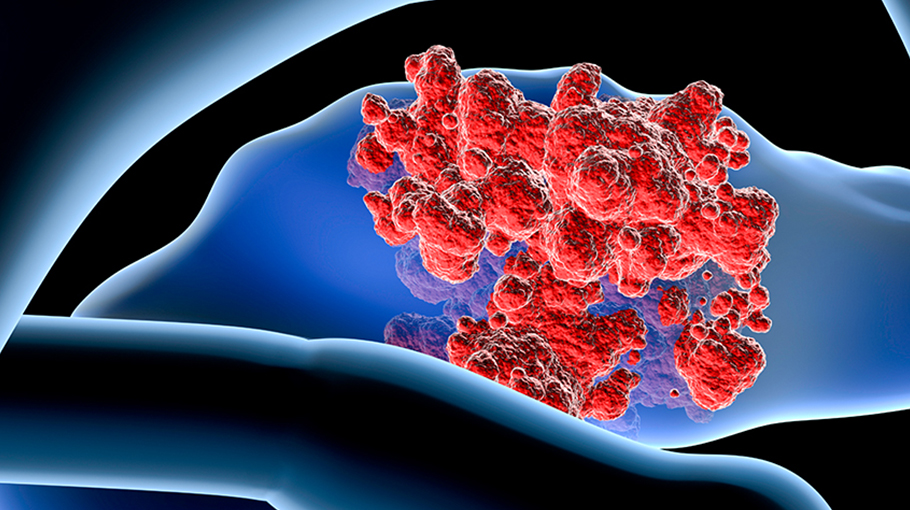Risk factors, complications of pancreatic cancer (part 3)

• Smoking
• Diabetes
• Chronic inflammation of the pancreas (pancreatitis)
• Family history of genetic syndromes that can increase cancer risk, including a BRCA2 gene mutation, Lynch syndrome and familial atypical mole-malignant melanoma (FAMMM) syndrome
• Family history of pancreatic cancer
• Obesity
• Older age, as most people are diagnosed after age 65
Complications:
Weight loss: A number of factors may cause weight loss in people with pancreatic cancer. Weight loss might happen as the cancer consumes the body's energy. Nausea and vomiting caused by cancer treatments or a tumor pressing on your stomach may make it difficult to eat.
Jaundice: Pancreatic cancer that blocks the liver's bile duct can cause jaundice. Signs include yellow skin and eyes, dark-colored urine, and pale-colored stools. Jaundice usually occurs without abdominal pain.
Pain: A growing tumor may press on nerves in your abdomen, causing pain that can become severe. Pain medications can help you feel more comfortable. Treatments, such as radiation and chemotherapy, might help slow tumor growth and provide some pain relief.
Bowel obstruction: Pancreatic cancer that grows into or presses on the first part of the small intestine (duodenum) can block the flow of digested food from your stomach into your intestines.
Courtesy: Mayo Clinic
Related News:




